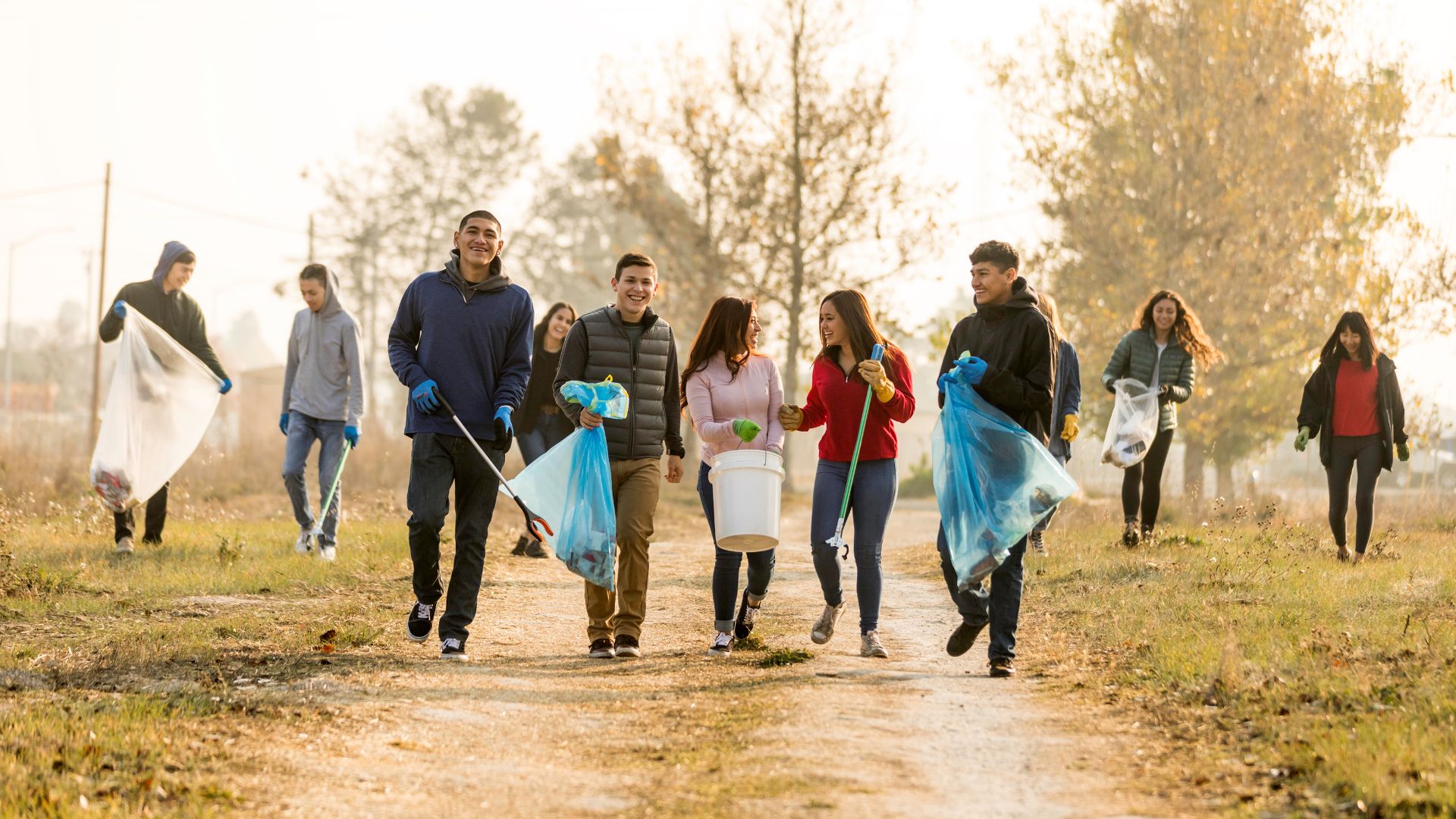Community Connections: Exploring the Impact of Social Interaction on Neighborhoods

Social interaction plays a vital role in the health and vitality of neighborhoods. Communities where residents engage with one another tend to be safer, more resilient, and more vibrant. The impact of social interaction on neighborhoods can be profound, influencing everything from public safety to overall well-being.

When neighbors know and trust each other, they are more likely to look out for one another, which can reduce crime rates and enhance the sense of security. Social interactions foster a sense of community and belonging, making residents feel more connected and invested in their neighborhood's well-being.

Community events, such as block parties, farmers markets, and neighborhood clean-ups, provide opportunities for residents to meet and interact. These events help build relationships and create a sense of shared responsibility and pride in the community. They also provide a platform for discussing local issues and finding collective solutions.

Social interaction can also improve mental health and well-being. Having a strong social network provides emotional support, reduces feelings of isolation, and can even lead to better physical health outcomes. Engaging with neighbors can be particularly beneficial for elderly residents, who may be at risk of social isolation.

Investing in public spaces, like parks, community centers, and playgrounds, can encourage social interaction. These spaces provide a venue for people to gather, socialize, and build connections. Local governments and community organizations play a crucial role in facilitating and promoting these interactions.
